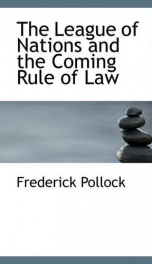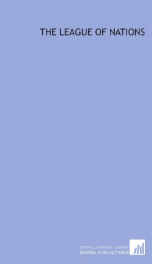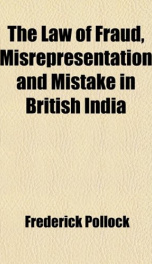an introduction to the history of the science of politics

Purchase of this book includes free trial access to www.million-books.com where you can read more than a million books for free. This is an OCR edition with typos. Excerpt from book: adjusted according to political competence, even if an infallible judge of competence could be found: and the only application that can be made of the position laid down by Socrates is to endeavour to secure, as far as may be, that the conditions of competent judgment shall not be wanting to those who must in any case have political power. Lord Sherbrooke's injunction to educate our masters was thoroughly Socratic both in spirit and in form. The Platonic Republic, I think, must be considered as a brilliant exercise of philosophical imagination, not as a contribution to political science. Plato's latest work, the Laws, appears to have been intended as a kind of compromise between the ideas of the Republic and the conditions of practical politics. In this it was not successful. Except that it stimulated Aristotle's criticism, it took no definite place in the development of systematic thinking on political matters. Moreover, it is hardly too much to say that Plato never got to the point of having a theory of the State at all. In the Politicus he seeks to determine the character of the ideal statesman, and touches only by a kind of afterthought on actual and practically possible forms of government. It would be best of all to be governed by a perfectly wise ruler unfettered by any laws whatever ; but it is worst of all to be in the hands of a ruler who has not wisdom and is not restrained by law. Since the wise governor whom the philosopher desires is hardly to be discovered in the world as it exists, government by fixed laws is accepted as being, though a clumsy business in itself,more tolerable than the tyranny which is the only practical alternative. In the Republic, again, Plato starts from the character of individual men and its formation. As a Greek naturally would, and as we... --This text refers to an alternate Paperback edition.
Info about the book
Author:
Series:
Unknown
ASIN:
B003YC22K2
Rating:
5/5 (3)Your rating:
0/5
Languge:
English
Users who have this book
Users who want this book
What readers are saying
What do you think? Write your own comment on this book!
write a commentGenre
if you like an introduction to the history of the science of politics try:
Other books by this author
Do you want to read a book that interests you? It’s EASY!
Create an account and send a request for reading to other users on the Webpage of the book!





